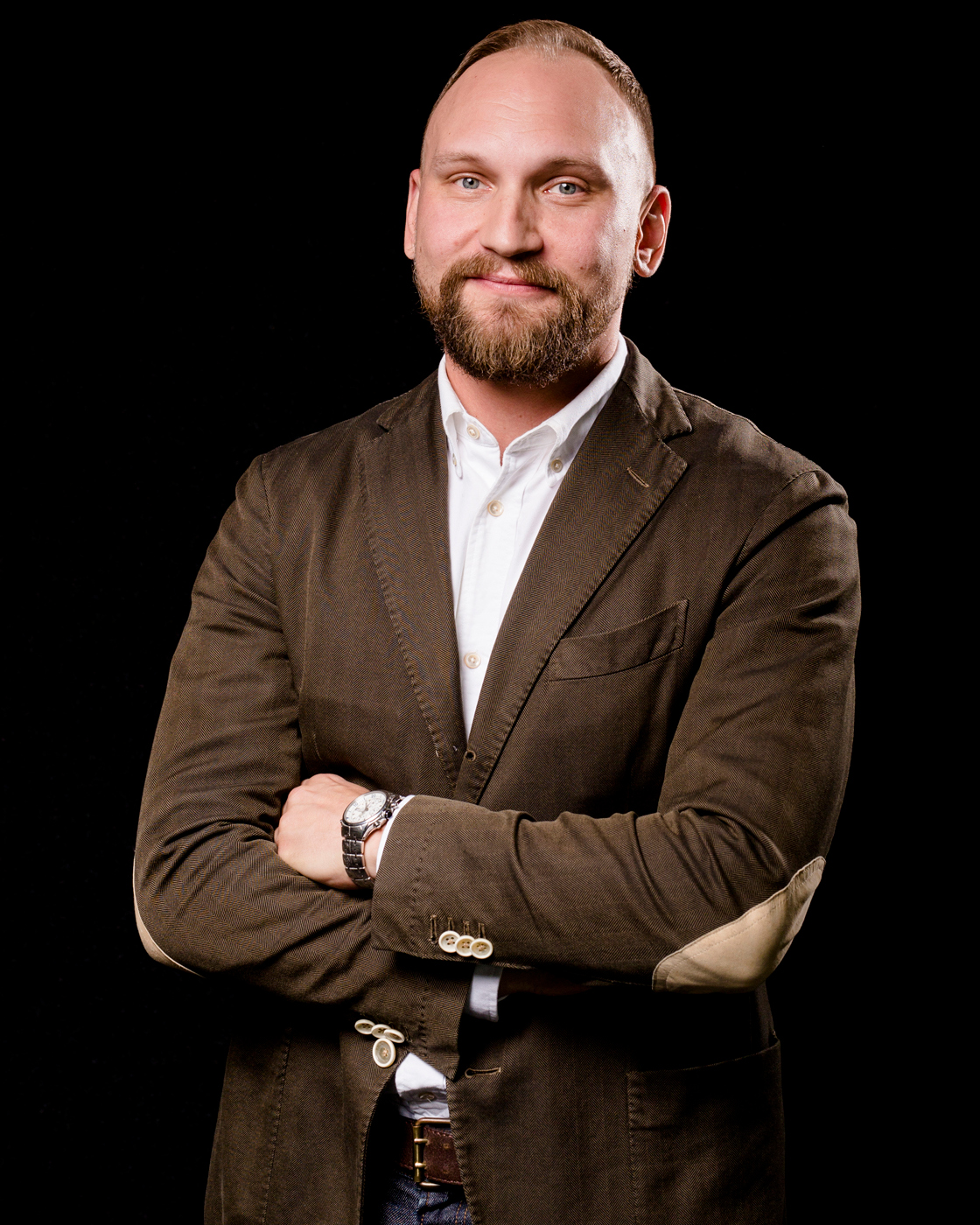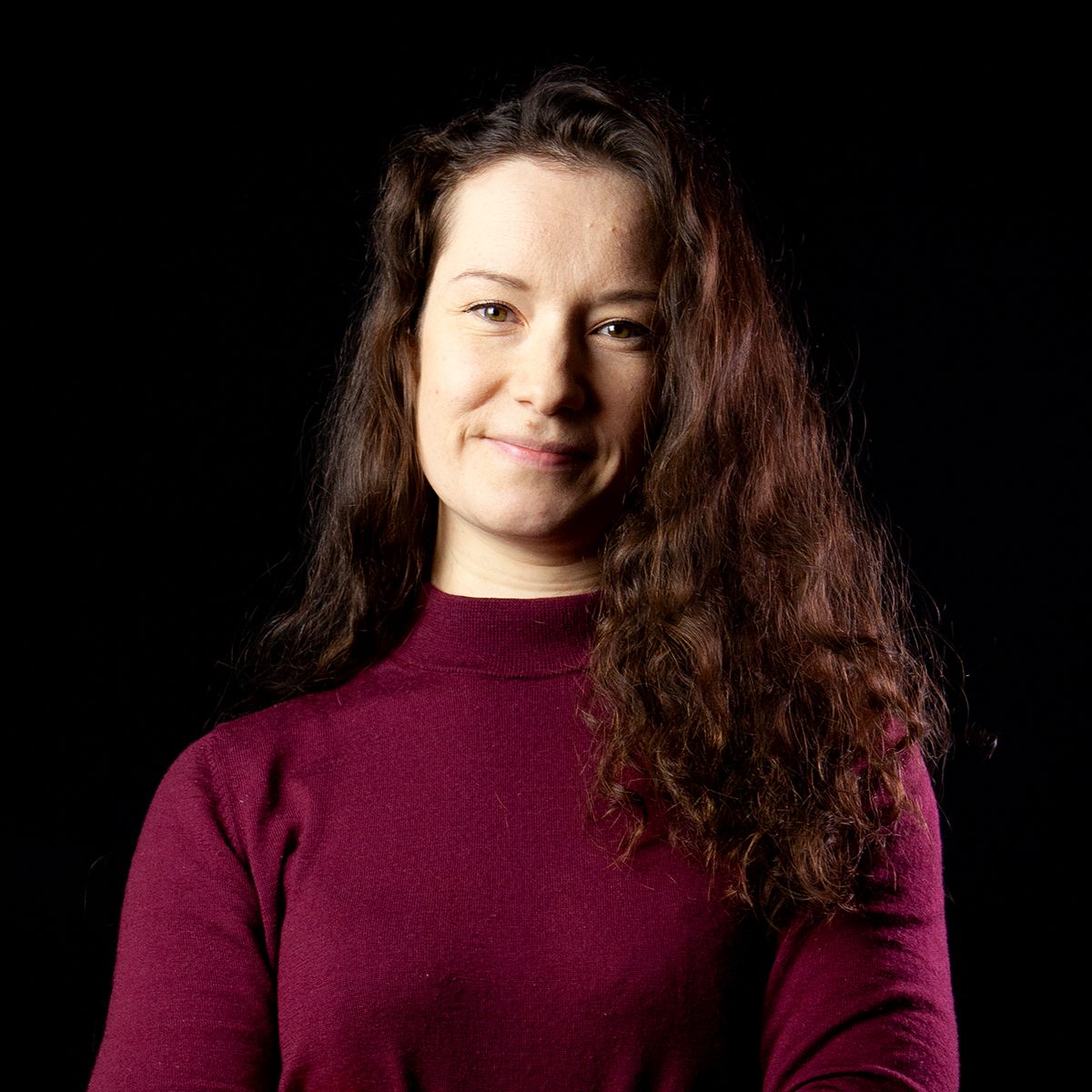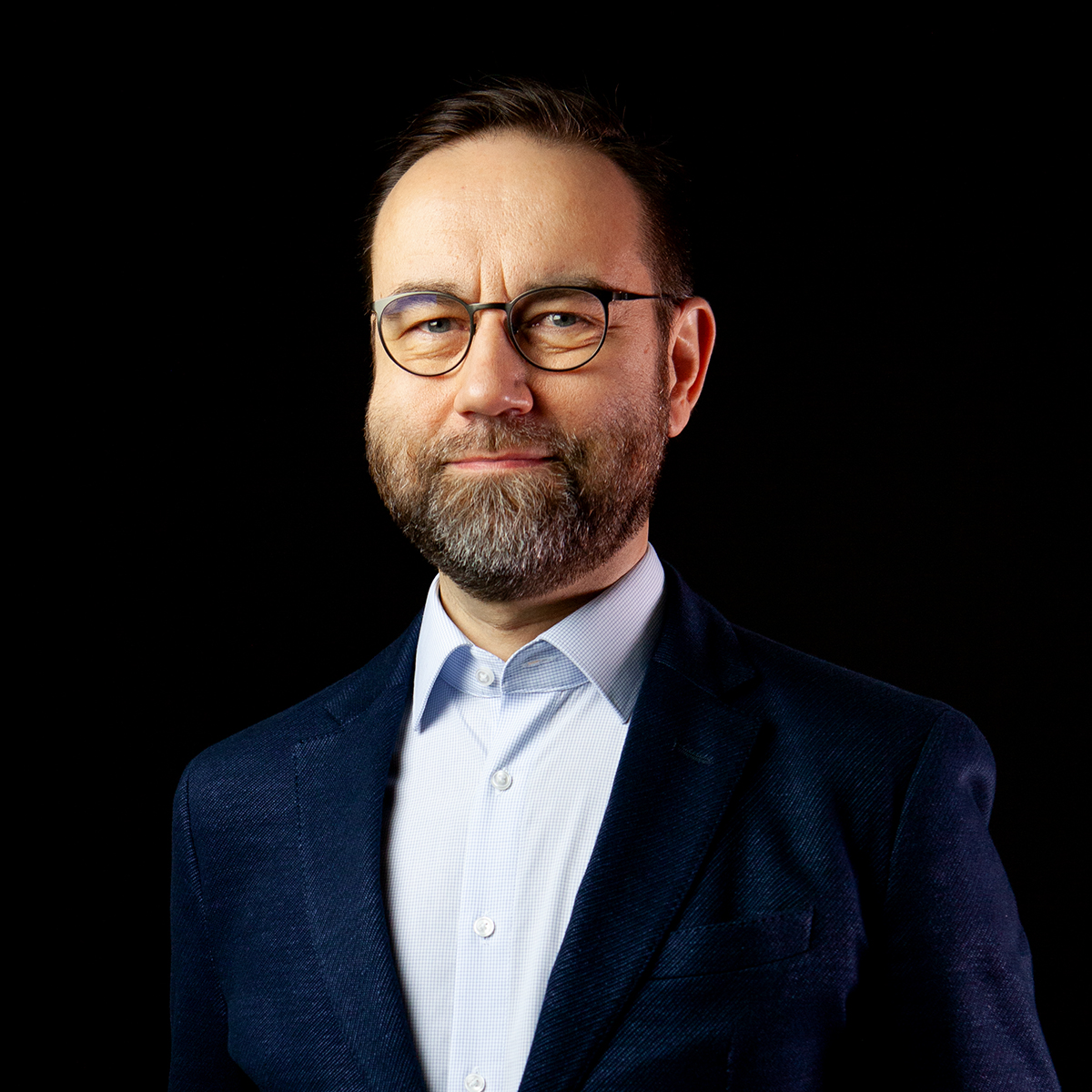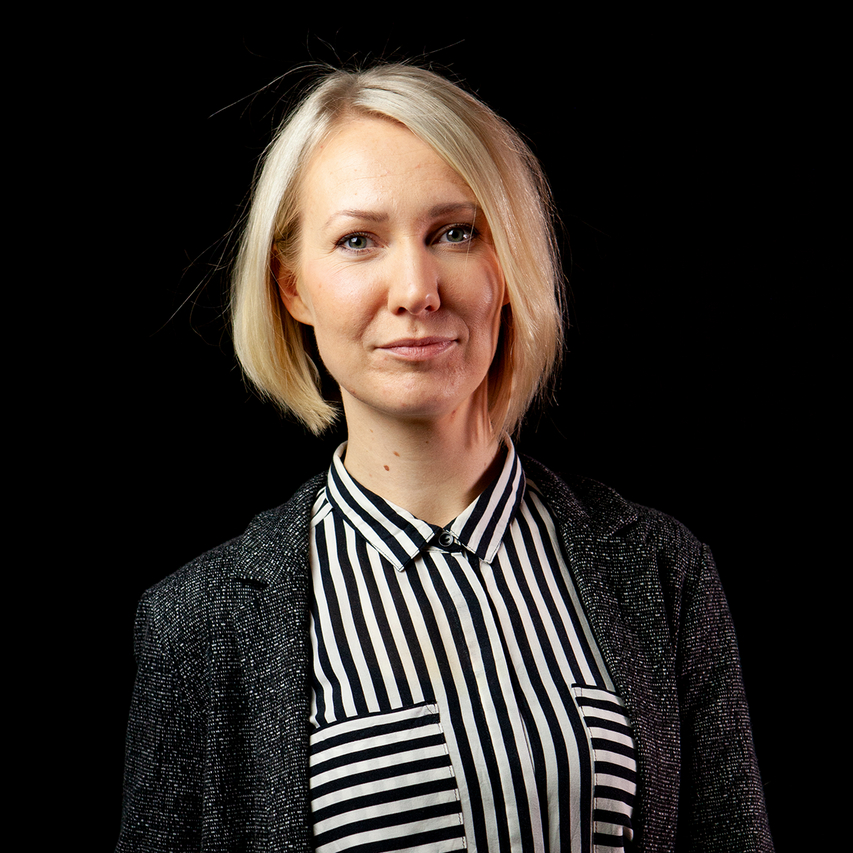Experiments and training in deliberative democracy
In a representative democracy, voting is practically the only way for the public to participate and exert influence. The idea of deliberative democracy is to engender considered public opinion to support representative decision-making. We are raising awareness and testing the use of deliberative citizens’ panels in Finland.
What is it about?
Our understanding of democracy has changed and diversified. Voting in elections is no longer the sole focus of democracy, and one of the drivers of change is the wave of deliberative democracy spreading worldwide.
In a representative democracy, competition between political parties and groups for people’s votes leads, at best, to the election of representatives in an acceptable way. But representative democracy also fuels the polarisation of public debate, favours lobbying and leaves a large part of the population without real influence. Contrary to what is often said, parliaments are not miniature assemblies of the people, but groups of older and more educated citizens.
Both academics and those involved in developing democracy have drawn our attention to the deliberation that takes place before decision-making. Deliberative democracy is based on careful familiarisation with and balanced consideration of different opinions. It is a counterweight to the polarisation of political debate, segregation of participation and corruption. It is designed to support the formation of quality public opinion in an age of rapid reaction. Applying the principles of deliberative democracy will result in decisions that are fairer and more acceptable.
The citizens’ panel is a common practical application of deliberative democracy. In a deliberative citizens’ panel, a group of randomly selected ordinary citizens makes recommendations and proposals on a topical issue. Citizens’ panels have been used around the world to support representative and direct democracy. Experience shows that participation in a deliberative debate strengthens citizens’ knowledge, trust in politics and responsiveness to others’ views.
What do we do and where are we now?
Our aim is to increase understanding of the methods and possibilities of deliberative democracy in Finland. During 2023 and 2024, we will organise training courses on the implementation of the various phases of the citizens’ panels. The aim of our training activities is to spread knowledge of deliberative democracy in Finland to different levels of government, NGOs and businesses.
We will also co-operate internationally with developers of deliberative democracy. One of the highlights of our activities in 2023 will be the Nordic Autumn School of Deliberative Democracy in Helsinki in October. The event will showcase a wide range of the best practices of deliberative democracy from different countries.
In addition to skills development, we will support citizens’ panel trials in the new wellbeing services counties, and will help regions plan and implement them. A key priority of this work will be to develop the linkage between citizens’ panels and decision-making.
We will also fund the Åbo Akademi University’s Citizens’ Parliament experiment, which is internationally significant. This will be Finland’s first citizens’ panel organised to support parliamentary decision-making.
Who is involved?
In addition to the wellbeing services counties and Åbo Akademi University, our key partner is the Federation for Innovation in Democracy (FIDE), our partner in organising the Nordic Autumn School of Deliberative Democracy.






Contact us